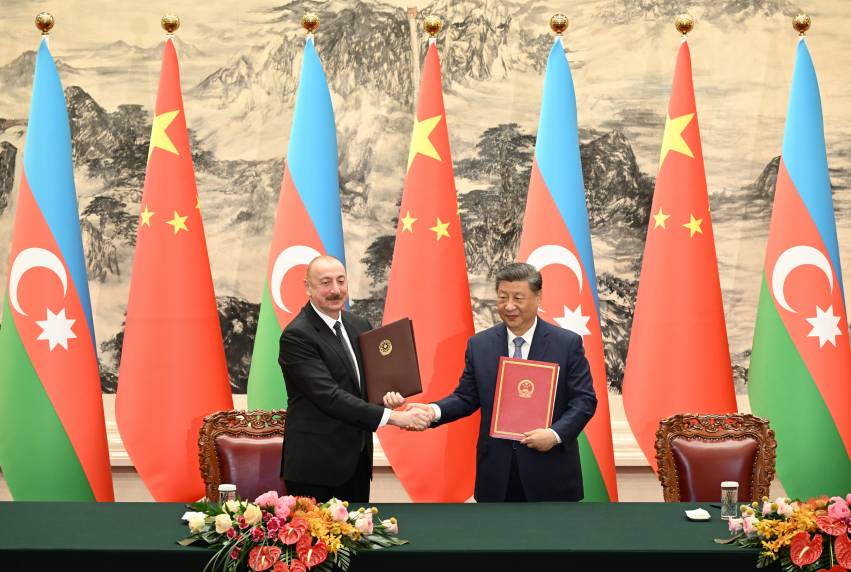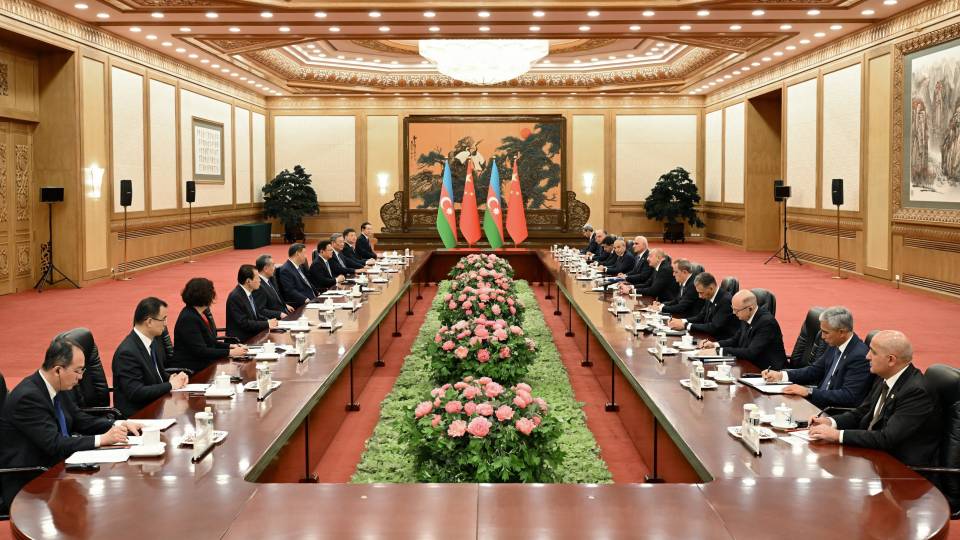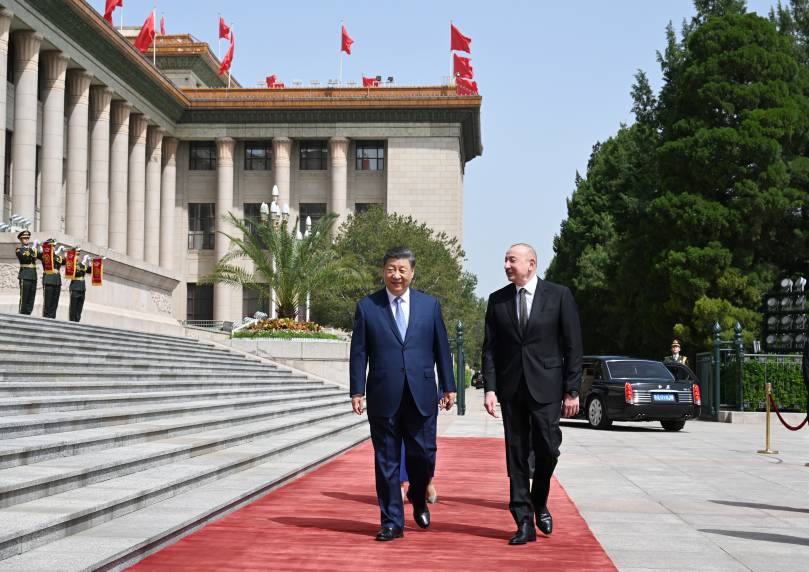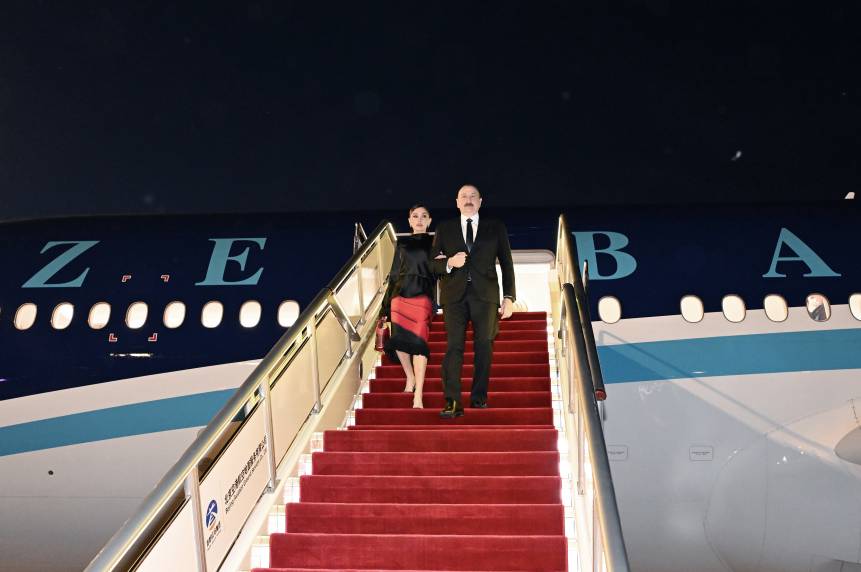16:38
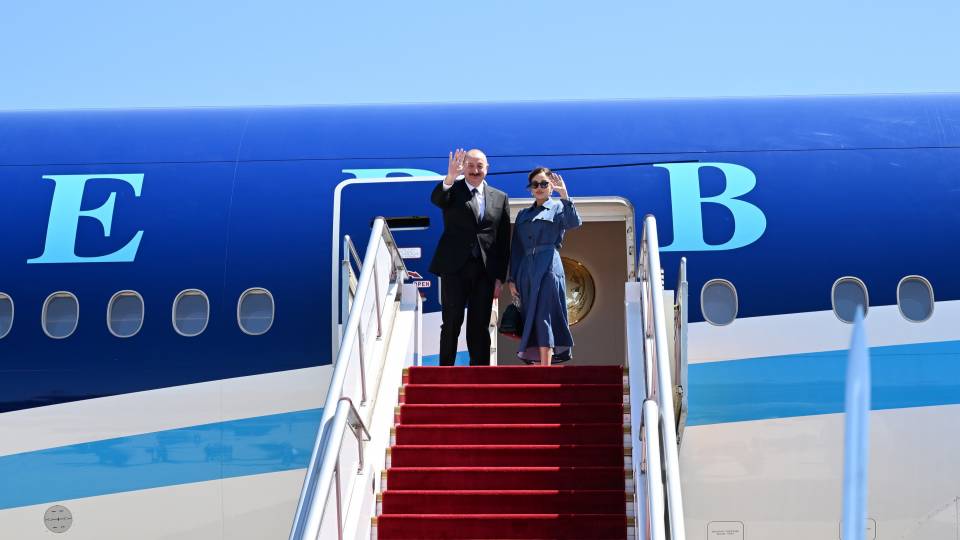
The Hill
Friday, October 25, 2013
Michael McMahon
This past week I served as a member of the American Observers Group, which visited the Republic of Azerbaijan to observe and monitor its presidential election. Our group, 48 strong, included former Members of Congress, business leaders and heads of not-for-profits and non-governmental organizations.
Our delegation was part of an international team of 500 invited to the Eurasian country by the Central European Group for Political Monitoring, to join many international delegations tasked with observing the voting process. What I observed along with my colleagues was characteristic of a free and fair election. We came to the unanimous conclusion that the polling was accessible, fair, well-organized and transparent.
Our monitoring began the day before the election, as we were briefed on the development of voting procedures in Azerbaijan and given suggestions as to what to look for. All of the briefings and preparation sessions were conducted by foreign observers. We were never spoken to or influenced by Azerbaijani officials. We were subsequently paired off and given a list of 20 polling sites, again chosen by foreign observers.
On election day we set off before the polling sites opened with a driver and translator and stayed in the field until the voting and counts took place some 12 hours later.
Obviously, as an American politician I have visited hundreds if not thousands of polling sites on election day and have extensive experience in checking that the voting process is fair and impartial. In Azerbaijan, the rules in effect that day were efficient and effective. When voters arrived, they were greeted by a thumb checker with an ultra-violet light. Each voter was given a little “spritz” on his or her thumb after an identification check and if someone tried to vote more than once, they would be immediately found out. If the voter’s thumb was clean, they would then proceed to a desk where three or four poll workers would compare the voter's name to their registration lists. Each site served approximately 1000 voters. Once their national identity card was compared to the list and their name checked, they were given a paper ballot. They then moved to pre-set voting vestibules (not at all unlike voting booths in the U.S.), where behind a curtain they marked the ballot. Only the presidential election was held this day, so the ballot marking was expeditious. The voter then moved to a locked box in clear view of all and placed his own ballot inside.
Moreover, each polling site was well staffed and, as there were 9 candidates running, at least one representative for each sat at every site with clear views of the proceedings. Many of the sites had cameras that could be watched on the internet with a free app. There were scores of international observers about as well as many of the Ambassadors from the various embassies. In fact, one of our teams encountered U.S. Ambassador to Azerbaijan, Richard Morningstar observing various sites. Quite frankly, the lines were shorter and the procedure much more secure than in my own polling site at home. Unlike places such as Florida, no one waited for hours and there were no "hanging chads." There were also exit pollsters hired by an American company to serve the international media, located outside most locations. As I chatted these exit pollsters up during the day, it became obvious that the final outcome was correctly tallied; the president was being re-elected by an overwhelming majority.
Our group alone covered nearly 400 sites in Baku and throughout the countryside. My partner and I had a diverse list, from the venue where Azerbaijani President Aliyev and his wife voted in a plush school in the heart of downtown Baku across from the Four Seasons Hotel, to a polling place outside the city in a tiny community- support center which served the social needs of those Azerbaijanis who had been displaced by Armenia in the war over the Nagorno-Karabakh region of Azerbaijan.
I saw in those voters faces especially, what I saw in all the voters faces, as over 80 percent of those eligible to vote showed up: A determination to make their vote count, to have their voice heard, to be part of history as this less than 25-year-old democracy took a major step away from the oppression of the Soviet Union and took a giant leap forward with a clean and transparent election day. I took away from this experience a reinforcement of what I learned while in Congress. Azerbaijan is an extremely important ally for the United States given its location between Russia and Iran, its enormous oil and gas deposits, its multi-culturalism, and most of all its people who are extraordinarily friendly to Americans and who are determined to continue their march toward democracy.
McMahon represented New York's 13th Congressional District from 2009 to 2011. He is currently partner of the Government Relations Practice of the New York Law Firm Herrick Feinstein, LLP.
Link to article

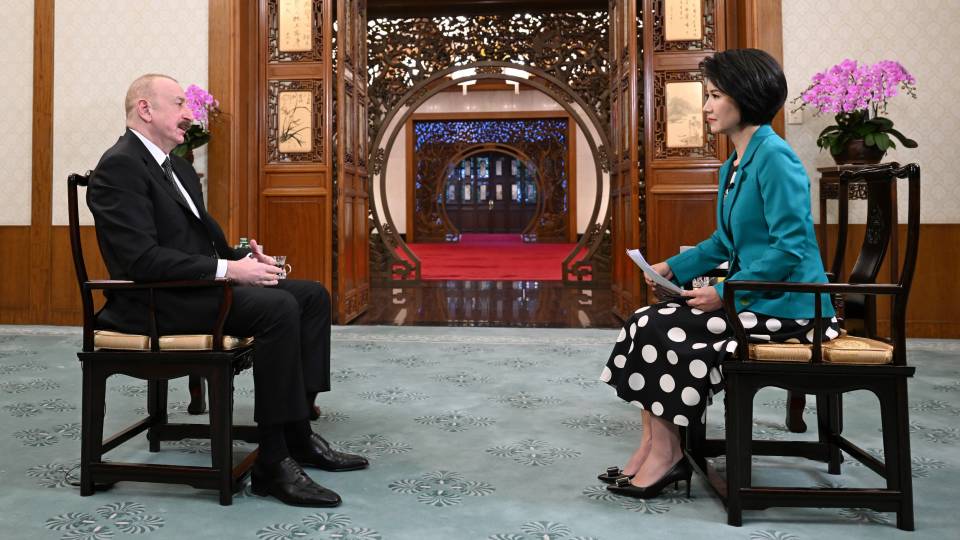
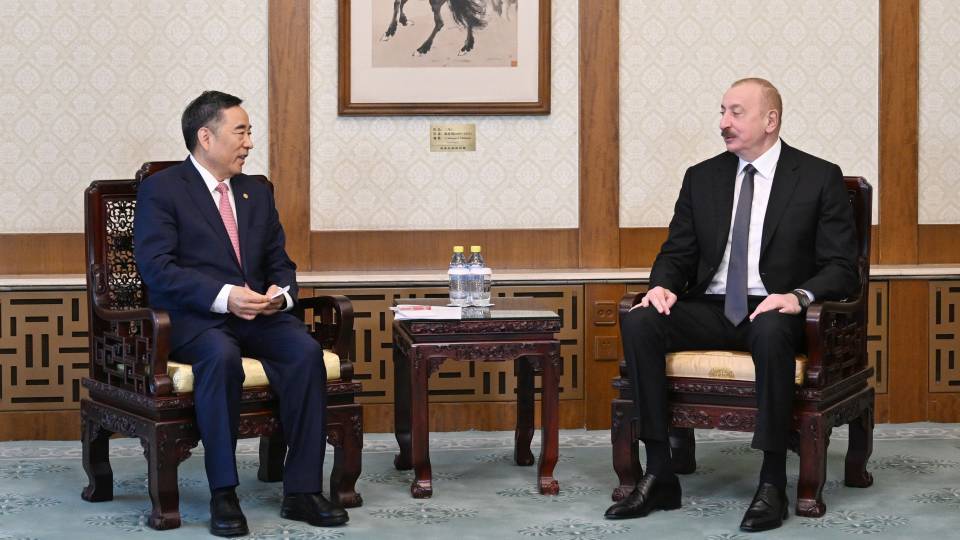
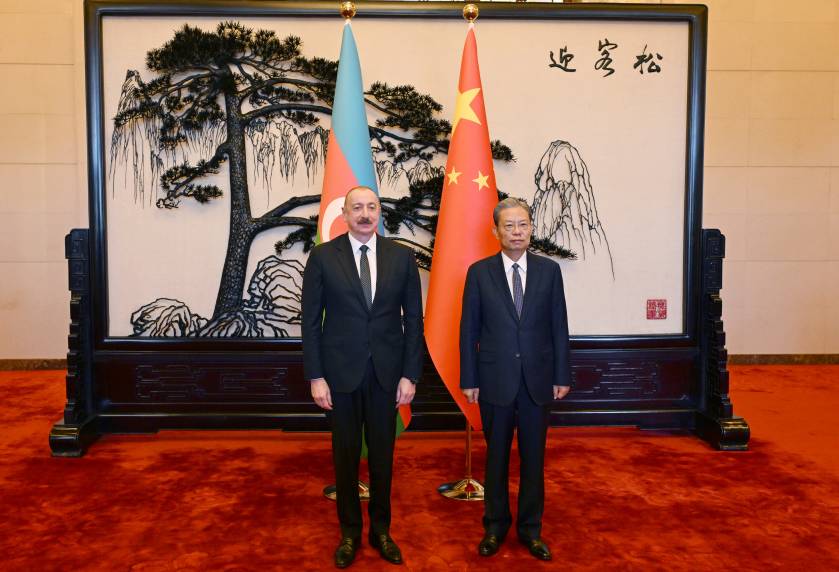
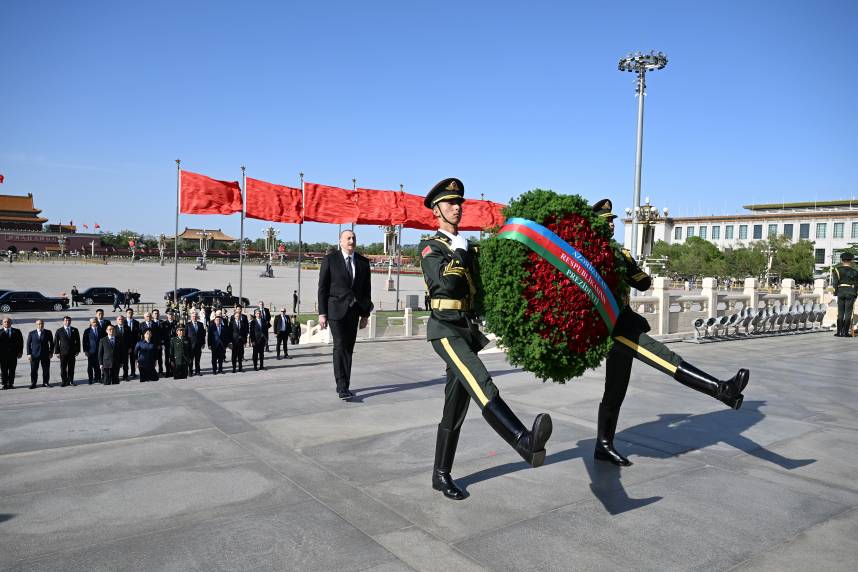
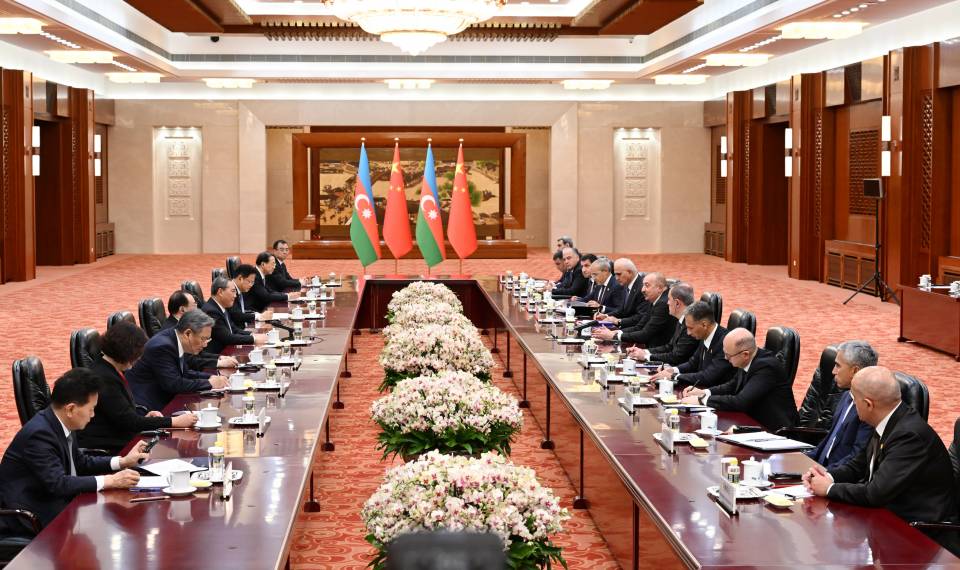
On April 23, President of the People's Republic of China Xi Jinping and First Lady Peng Liyuan hosted an official banquet in Beijing in honor of President of the Republic of Azerbaijan Ilham Aliyev and First Lady Mehriban Aliyeva.
23 April 2025, 12:15The “Joint Statement on the Establishment of a Comprehensive Strategic Partnership between the Republic of Azerbaijan and the People’s Republic of China” was signed in Beijing on April 23 during the state visit of President of the Republic of Azerbaijan Ilham...
23 April 2025, 10:57